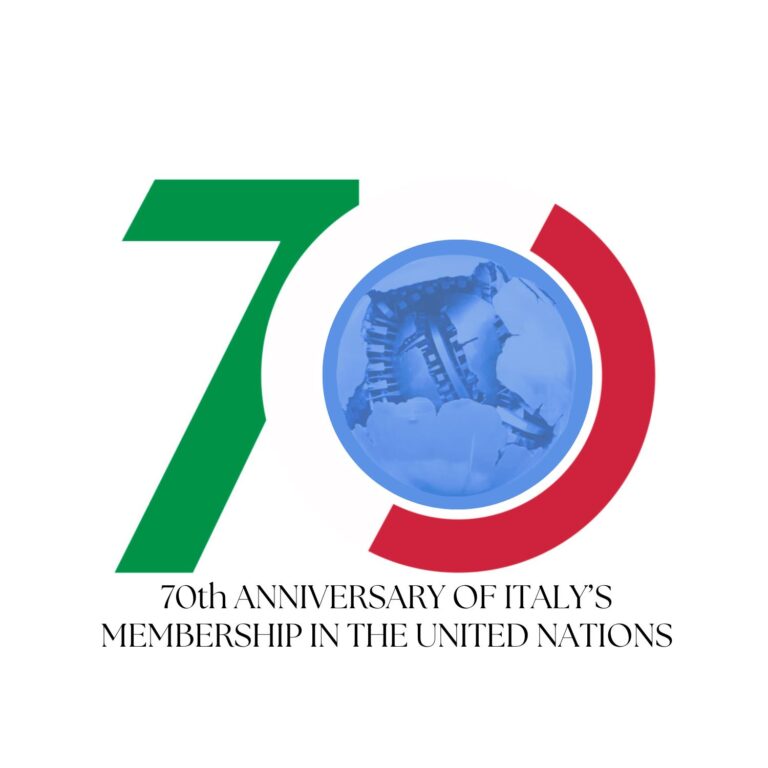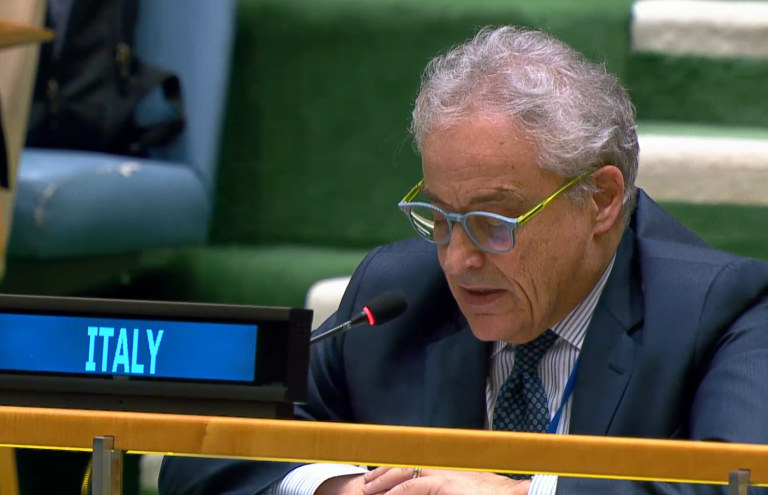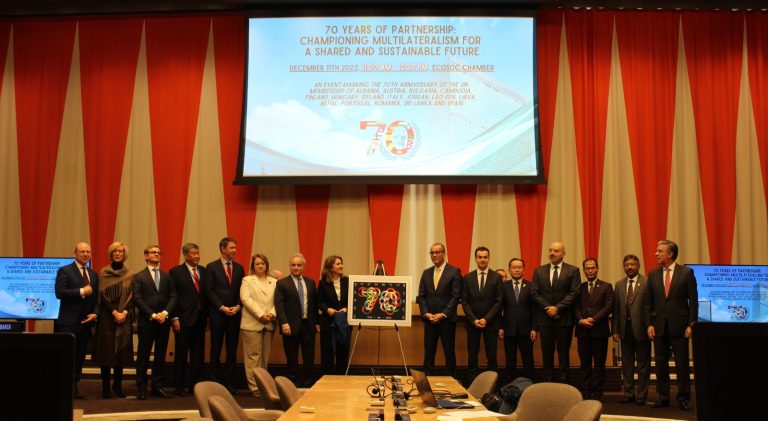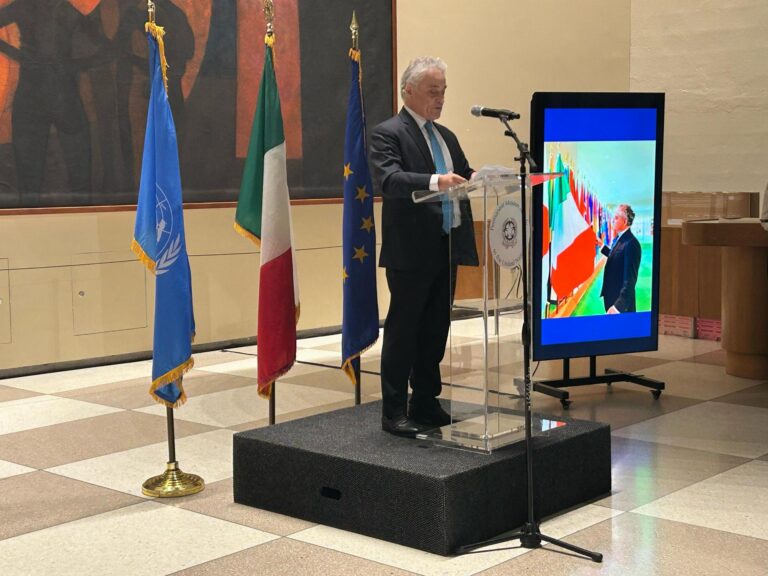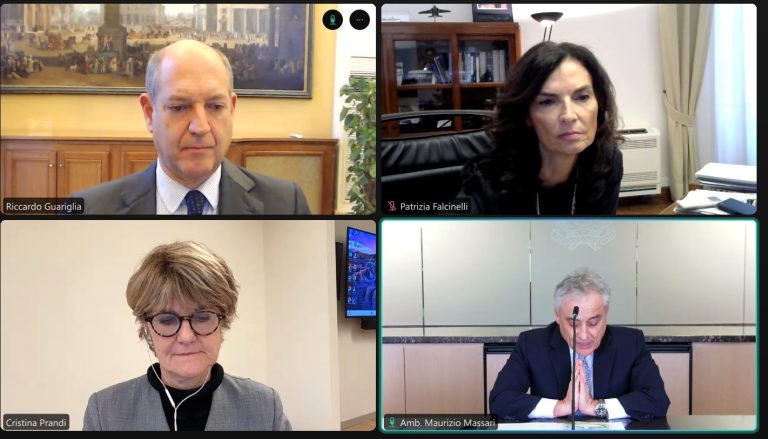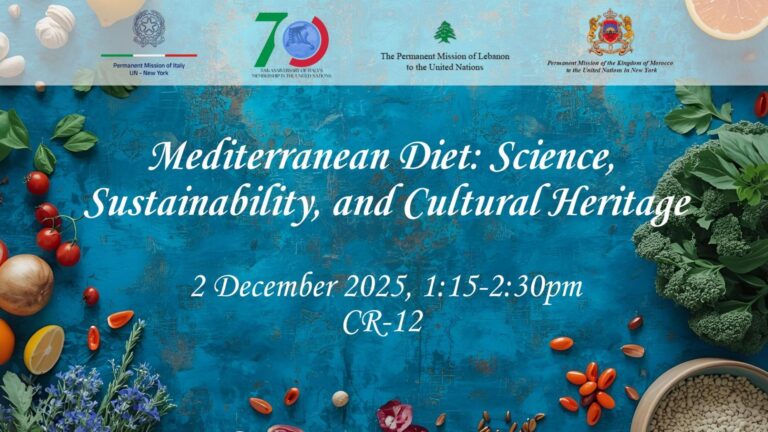A conference entitled, “Food and Identity: Cultural Tradition, Diplomacy and Health,” sponsored by the Permanent Mission of Italy to the United Nations in collaboration with the Missions of Ethiopia, Cyprus and Saudi Arabia, was held on Wednesday, 2 July, at the United Nations Headquarters in New York. The initiative was attended by experts and nutritionists to address the issue of the positive contribution that traditional diets can make in promoting a healthy lifestyle and combating noncommunicable diseases. A highly topical issue, given also the ongoing UN negotiations on a policy statement on the subject. Moderated by Prof. Roberta Re, Director of Cambridge Food Science, the event featured as speakers: Prof. Lorenzo Donini, Full Professor at La Sapienza in Rome and expert on the Mediterranean Diet, Prof. Hugo Da Costa Ribeiro, Full Professor of Pediatrics at the University of Bahia in Brazil, and Prof. Ahmed Magdi Abu Zaid, Director of the Office of Research and Innovation at “Al Faisal” University in Riyadh.
In his introductory remarks, the Permanent Representative of Italy, Amb. Maurizio Massari, asserted how “in an era of increasing globalization, food is not merely a source of nutrients, but a powerful expression of cultural identity, a tool of diplomacy, and a key component of health policies. Italy’s position is that public health should not only be based on solid scientific evidence, but also take advantage of the cultural traditions of individual countries as an ally in the prevention of noncommunicable diseases.” In conclusion, he added that “The Mediterranean Diet, part of our tradition and recognized by UNESCO as an intangible heritage of humanity, is just one example of this positive dynamic: globally countless culinary traditions have the potential to be integrated into development policies to protect health.”









